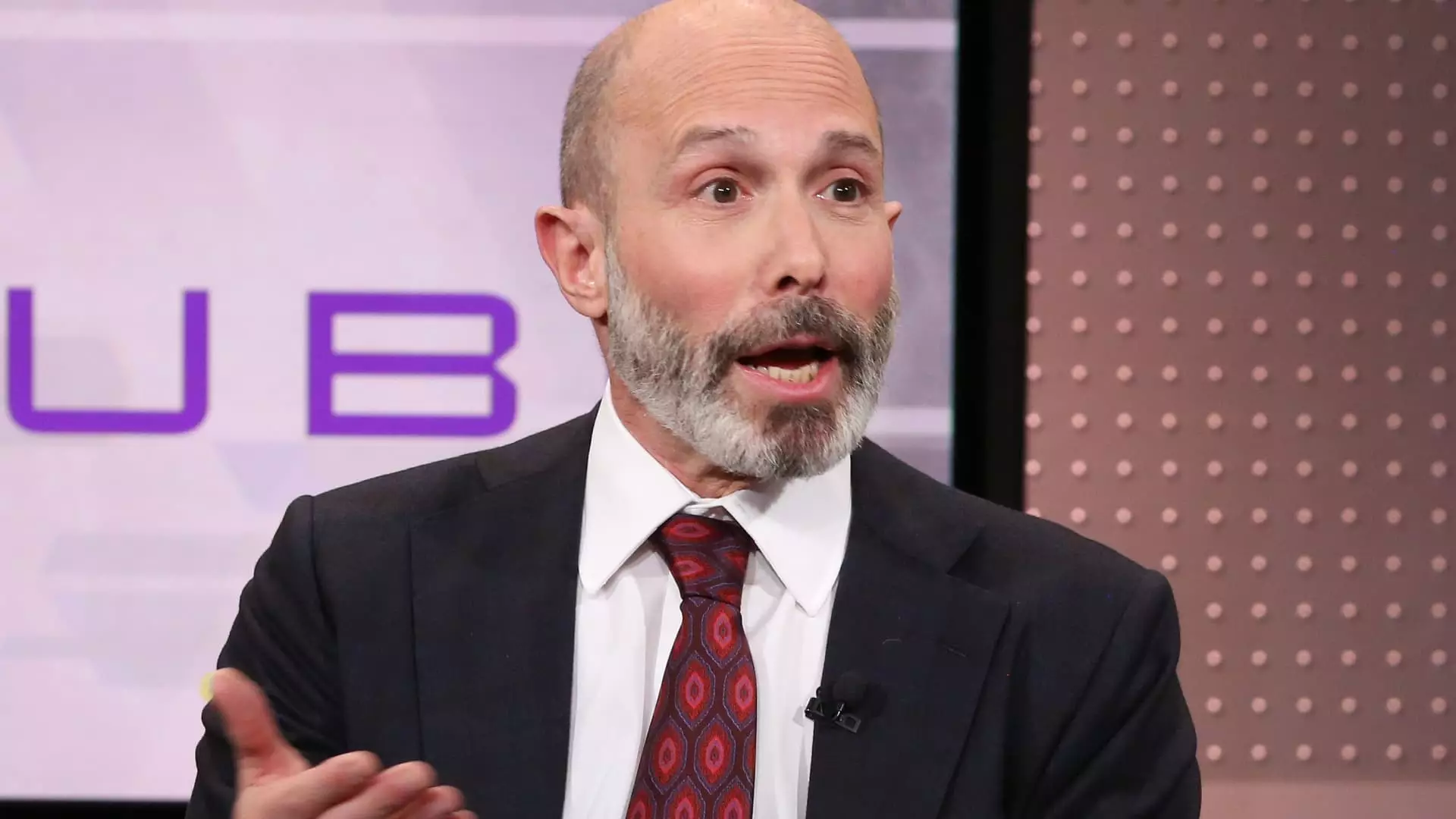The insurance market in California faces an increasingly daunting landscape, a reality that Chubb CEO Evan Greenberg openly acknowledges. As natural disasters amplify and regulatory pressures mount, insurers are grappling with balancing risk and profitability. Greenberg’s steadfast philosophy—that Chubb will not engage in underwriting where risk returns are deemed unreasonable—has been pivotal in navigating these stormy waters. Against this backdrop, Chubb recently reported financial results for 2024 that shine a light on its operational success in an otherwise turbulent environment.
In the fourth-quarter earnings call, Greenberg highlighted the company’s remarkable performance, proclaiming it to be the best year in Chubb’s history. With a net income of $2.58 billion, translating to $6.33 per share, and an impressive 10% increase in property and casualty (P&C) premiums, Chubb stands as a paragon of resilience. However, the company’s shares, while up 3% following the earnings announcement, have faced volatility, particularly due to recent wildfires in the Los Angeles area. These disasters not only threaten lives and property but are also a catalyst for escalating claims, with Chubb anticipating $1.5 billion in net pretax costs attributed to these catastrophic events.
While financial numbers paint one picture, they also reveal the inherent risks facing insurers in California. The combination of wildfire threats and artificial price suppression by state regulations creates an unsustainable market model. Greenberg articulated this dilemma, suggesting that such compressed pricing encourages more perilous living arrangements for Californians, ultimately leading to increased claims and financial strain on insurers.
Chubb’s proactive response to California’s wildfire challenges is commendable. Greenberg mentioned a 50% reduction in Chubb’s exposure in the most affected areas, underscoring an acute awareness of risk management. This strategy not only safeguards Chubb’s financial health but also complements its overarching philosophy of sustainable underwriting practices. Greenberg’s observation that California is distinctive in its regulatory struggles is insightful. Understanding this unique market condition allows Chubb to strategically position itself for growth—even in a region fraught with natural and economic challenges.
While insurers like Chubb grapple with these issues, Greenberg remains optimistic regarding the company’s operational future. He predicts continued growth in operating earnings, attributing potential gains to sound property and casualty underwriting, investment income, and life insurance returns. This diversified revenue stream lends itself to a buffer against industry fluctuations. The proactive measures implemented thus signal not just a response to a current crisis, but also a forward-looking strategy aimed at navigating future risks.
The financial landscape is further complicated by sustained inflation, which affects rates and underwriting decisions across the board. Greenberg notes that as rates rise merely to maintain current positions, this trend may not necessarily translate into margin enhancement. However, Chubb is well-positioned to seize opportunities within the commercial middle-market segment, specifically targeting businesses with revenues under $1 billion. This market, particularly affected by climate change and litigation risks, presents fertile ground for growth—especially for larger, data-savvy insurers like Chubb that have resilient balance sheets and robust reinsurance networks.
Interestingly, the growth metrics reported by Chubb reinforce the efficacy of its strategic approach. With P&C underwriting income climbing 7% and life premiums soaring 18.5%, these figures suggest that targeting affluent customers—those who appreciate Chubb’s unique offerings—is a promising avenue. The company’s ability to grow premium income, especially from high-net-worth clients, signifies that there is ample opportunity available, despite the competitive landscape.
As California’s insurance market continues to grapple with environmental volatility and regulatory challenges, Chubb’s strategy underscores the importance of prudent risk management and adaptability. Greenberg’s confident leadership resonates within the context of Chubb’s impressive financial results, highlighting a successful navigation through complexity. While the road ahead for insurers may remain fraught with uncertainty, the strategies employed by Chubb position the company favorably to not only withstand these challenges but to thrive in this evolving marketplace. As the insurance landscape transforms, Chubb embodies a blend of resilience, strategy, and foresight—qualities essential for lasting success in an unpredictable environment.

